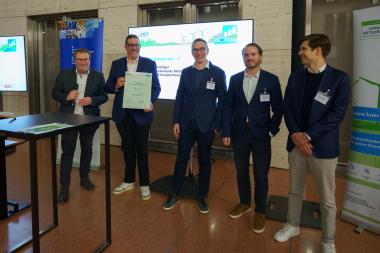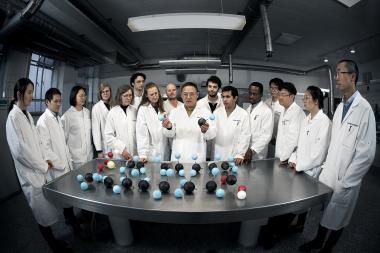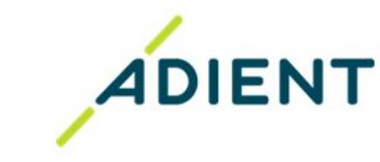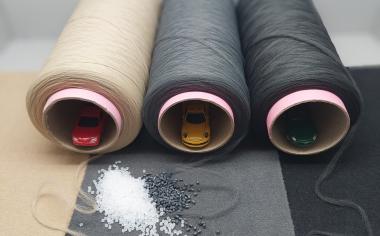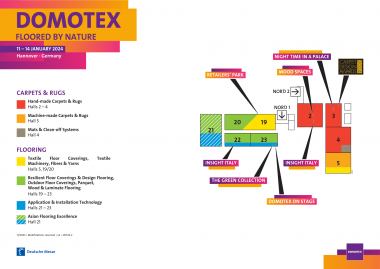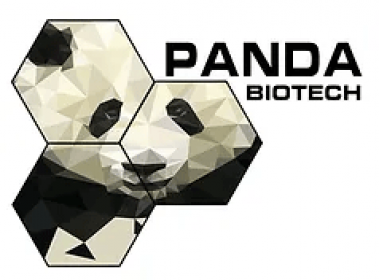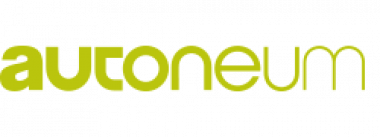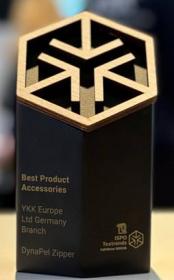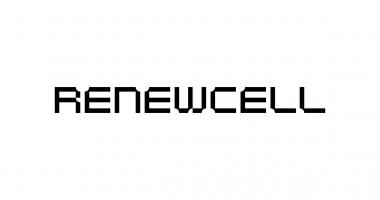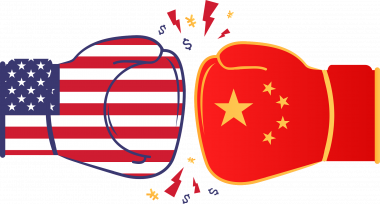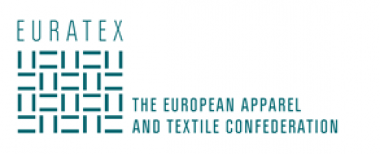ECHA: Strategic goals for 2024-2028
The European Chemicals Agency (ECHA) has published its Strategy Statement 2024-2028. The strategy details the agency’s goals and priorities over the next five years to protect health and the environment through its work for chemical safety.
Main elements of the Strategy – Goals and Priorities
Be a trusted chemicals agency – ECHA aims to achieve this by delivering its legal mandate using independent expertise and robust data. The Agency, to support this, will:
- Deliver transparent, independent, and high-quality scientific advice, opinions, and decisions;
- Enhance decision and policy making through optimal use of data, knowledge, and competence; and
- Facilitate the prioritisation and co-ordination of regulatory actions on substances and groups of substances with the European Commission (EC), EU agencies and Member State Authorities.
Respond to emerging challenges and changes in their legal landscape – ECHA will prepare for new tasks and inform EU chemical and environmental policy. To support this goal, it will focus on the following priorities:
- Implement new legal requirements using existing and new synergies and experience;
- Work with relevant EU agencies and bodies to deliver Chemical Strategy for Sustainability (CSS) actions and objectives; and
- Provide scientific and technical advice on chemicals to EU policy makers.
Communicate and Engage – by collaborating with stakeholders and partners, ECHA will strengthen public confidence in chemicals regulation. In support of this goal, the Agency will:
- Deepen their network of engagement with EU institutions and agencies and Member States;
- Collaborate and provide tools, advice, and support to industry; and
- Promote awareness and understanding of ECHA's work to stakeholders representing workers, the public and the environment.
Lead on chemical knowledge and expertise – the Agency will advance knowledge and understanding on chemical safety. To achieve this, it will:
- Contribute proactively to expanding scientific and technical competence and knowledge on chemical safety;
- Promote the development and use of alternative methods for the assessment of hazards and risks of chemicals; and
- Support the EC to enhance engagement and synergies at international level.
Invest in people and organisational excellence – ECHA is committed to working together to achieve their vision. In order to achieve this they will:
- Develop and empower their people for success;
- Create optimal ways of working for the Agency, its bodies, its people, and the environment; and
- Adopt an IT delivery model that is cost-effective, streamlined, modular, interoperable, cloud based and centralised.
European Chemicals Agency





